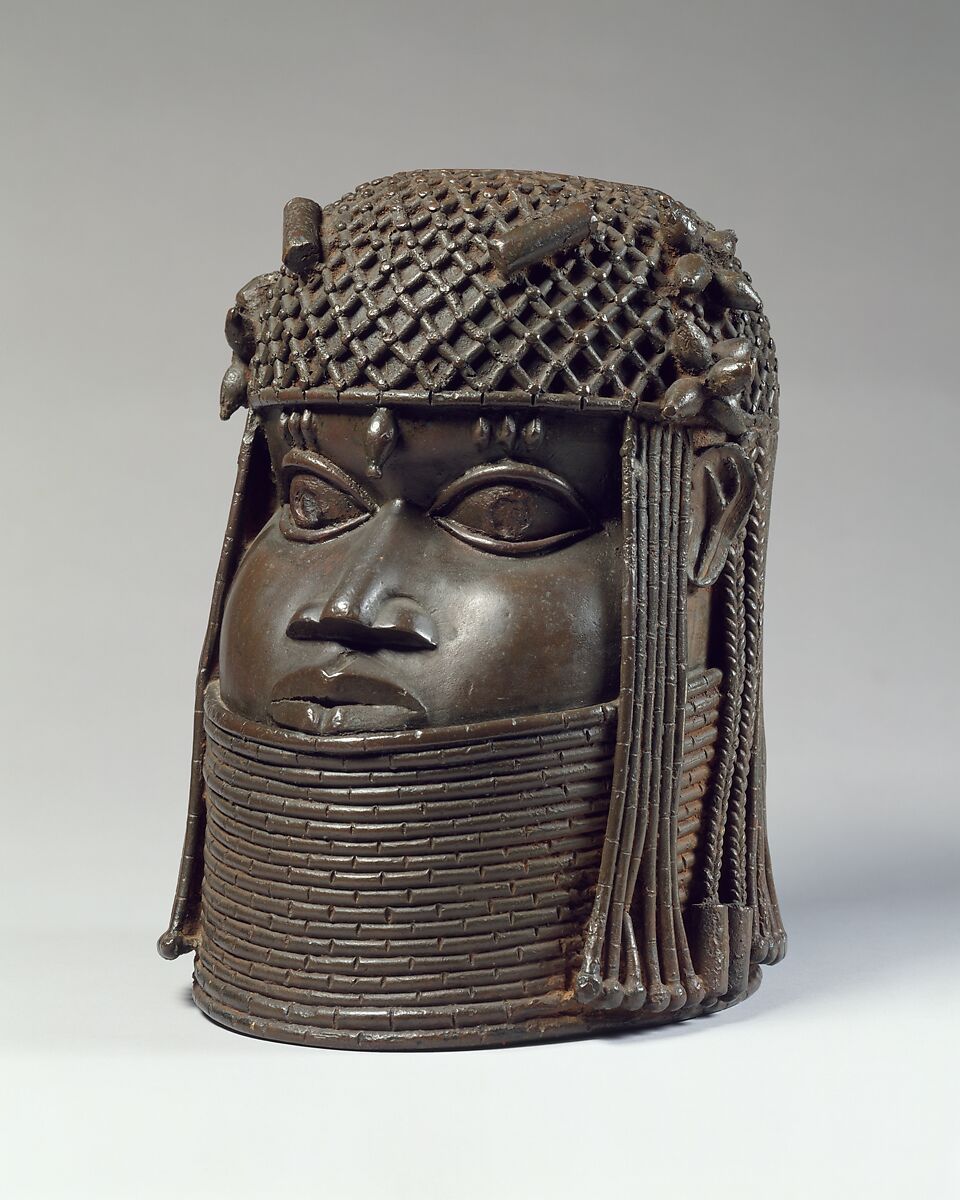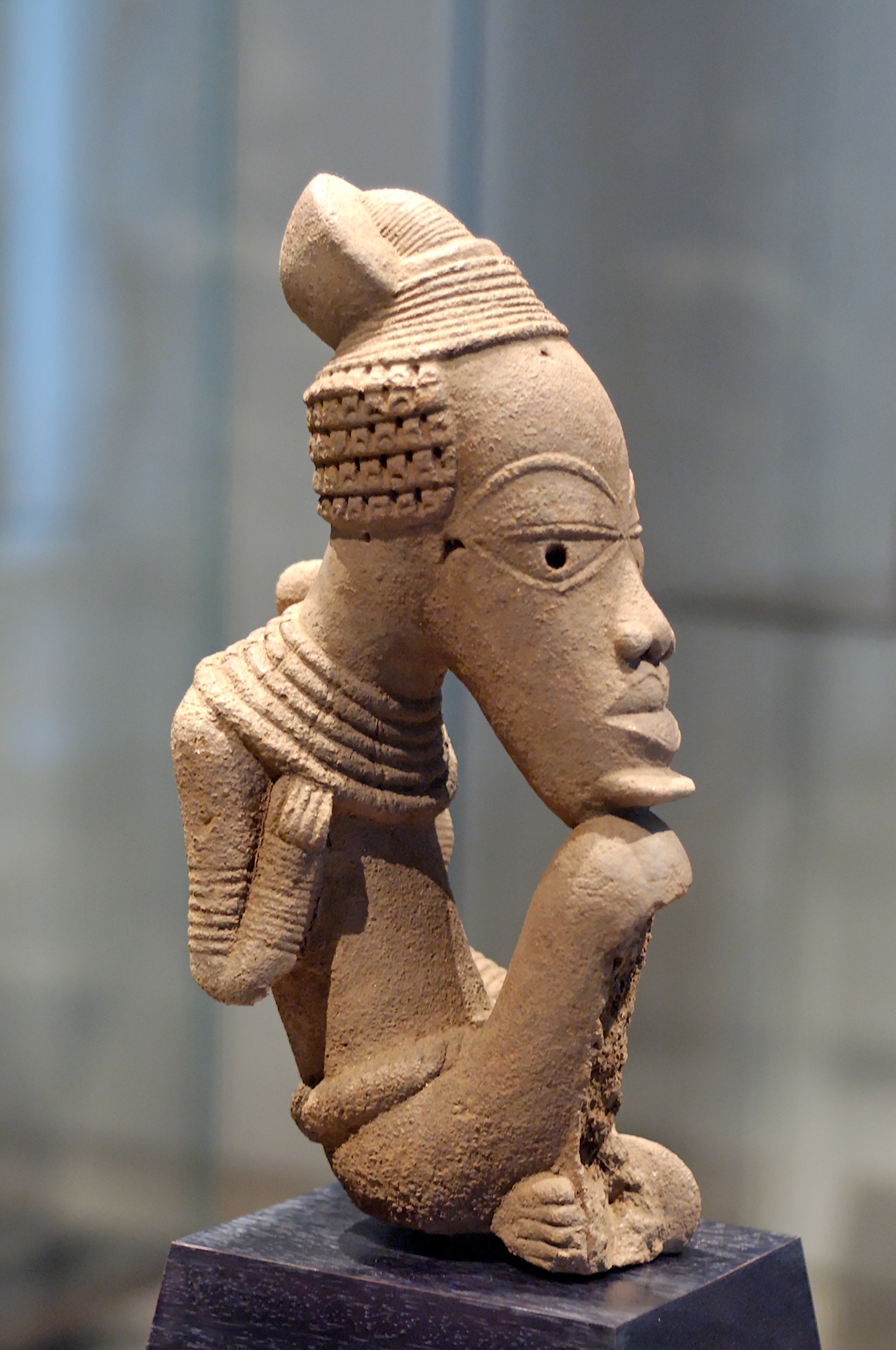
Introduction: Nigeria’s Warrior Queen
Few figures in Nigerian history spark as much fascination and debate as Queen Amina of Zazzau. Known as a fearless warrior, empire builder, and political strategist, Amina is celebrated across Africa as a symbol of women’s strength and leadership. But her story is also wrapped in myth, oral traditions, and conflicting records, raising an important question: Was Queen Amina a historical ruler or a legend magnified by time?
At the BuildNET Virtual Museum of Nigerian Arts, Culture, and History, we revisit her story — blending oral accounts, written records, and cultural memory to bring Nigeria’s warrior queen to life.
The Early Life of Queen Amina
Queen Amina was said to be the daughter of Bakwa Turunku, the powerful ruler of Zazzau (now Zaria, in present-day Kaduna State) during the 16th century. From an early age, Amina demonstrated unusual skill in politics, leadership, and military training. Oral accounts describe her as a woman who preferred the battlefield to domestic life, defying traditional gender roles.
She rose to prominence after her mother’s death, becoming queen around 1576. Unlike many rulers of the time, Amina focused not just on governance but on military conquest and expansion.
Military Campaigns and Empire Expansion
Amina’s reign was marked by nearly constant warfare. Historical accounts — particularly from the Kano Chronicle — suggest that she led her armies on campaigns that extended the influence of Zazzau far beyond its original borders.
Her conquests reportedly stretched as far as Nupe, Katsina, Kano, and even parts of modern Niger. Through these campaigns, Zazzau became a dominant state in the Hausa region, controlling trade routes and fortifying its wealth.
One of Amina’s most enduring legacies is the construction of defensive walls, often referred to as “Amina’s Walls,” built around cities to protect them from invasions. Some of these earthen fortifications still stand today, serving as both historical evidence and cultural heritage.
Fact vs. Myth: The Historical Debate
While Queen Amina is celebrated as a historical figure, much of her story comes from oral tradition, which makes separating fact from legend challenging. For example:
- The Kano Chronicle mentions her reign but with sparse details.
- European writers who referenced her often relied on secondhand accounts.
- Local traditions portray her as both a ruthless conqueror and a visionary builder.
Some historians argue that she may be more of a symbolic figure — an embodiment of Hausa strength and identity — than a single historical queen. Others point to surviving fortifications and oral consistency across regions as proof that she indeed lived and ruled.
Why Queen Amina Still Inspires Today
Regardless of historical uncertainties, Queen Amina remains a powerful icon in Nigeria and across Africa. She represents:
- Female leadership in African history – challenging the stereotype that political and military power was always male-dominated.
- Resilience and innovation – her walls and military tactics show foresight and strategic brilliance.
- Cultural pride – she is celebrated in literature, art, and even modern popular culture, from plays to television.
In contemporary Nigeria, Queen Amina has become a symbol for women’s empowerment, echoing in conversations about feminism, governance, and gender equity.
The BuildNET Virtual Museum Experience
The BuildNET Virtual Museum reintroduces Queen Amina’s story in an interactive, educational way. Visitors can explore:
- 3D reconstructions of Amina’s walls and palaces.
- Immersive storytelling blending oral tradition with historical sources.
- Artifacts and maps tracing her military campaigns.
This allows Nigerians at home, the diaspora, and global history enthusiasts to experience her life and legacy in a way that’s both engaging and historically grounded.
Conclusion: Legend, History, or Both?
So, was Queen Amina a real warrior queen, or is she a legend magnified by oral tradition? The answer may lie somewhere in between. What is undeniable, however, is her enduring impact on Nigeria’s cultural memory and her role as a symbol of strength, leadership, and resilience.
At the BuildNET Virtual Museum, we honor her story — not just as history, but as living heritage that continues to inspire generations.
📲 Subscribe today to explore Queen Amina’s world and Nigeria’s rich past in full detail.
SEO Keywords Used Throughout
- Queen Amina
- Hausa warrior queen
- history of Zazzau
- Nigerian female leaders
- African women in history
- Amina’s walls



